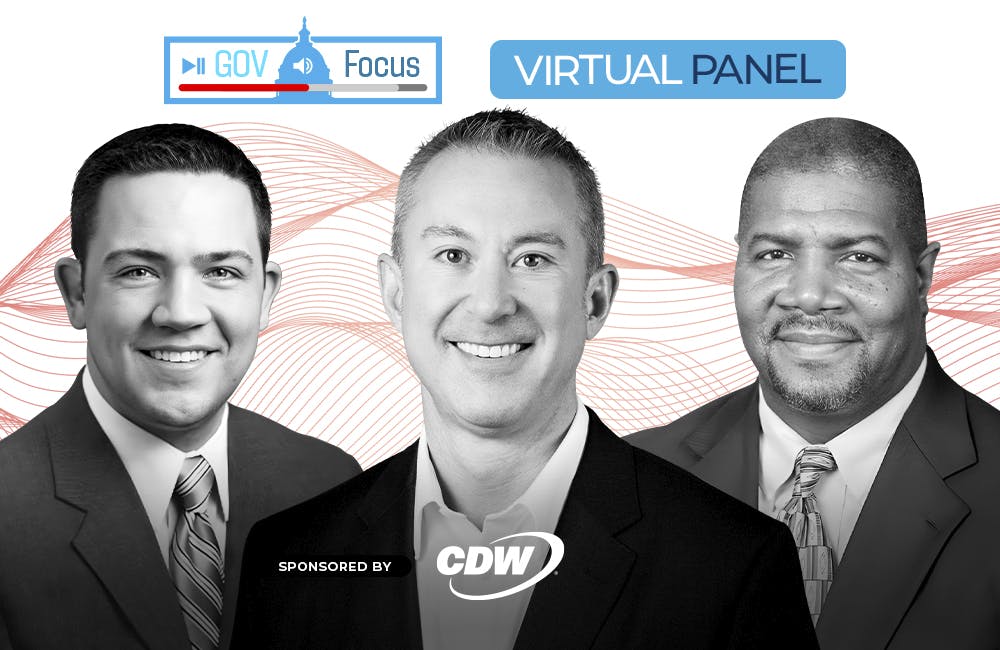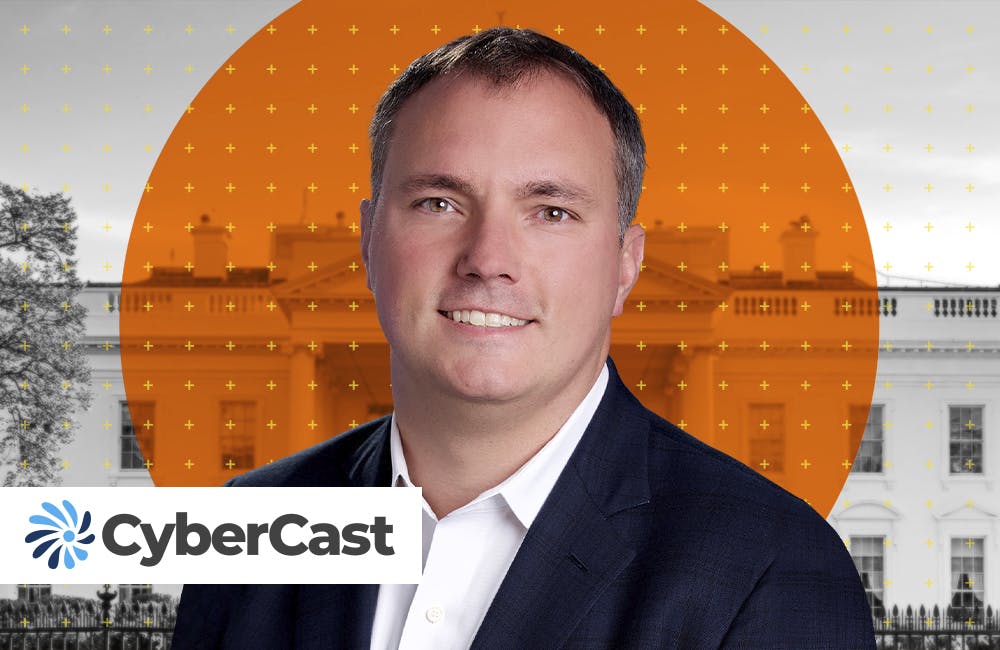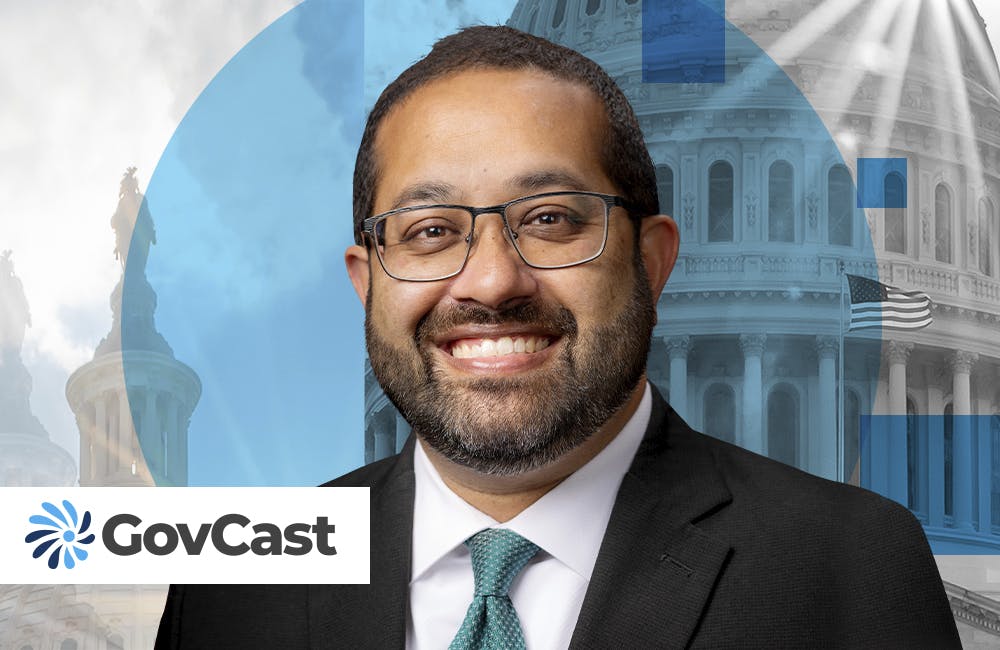Leveraging Data from Medical Devices to Help Combat the Opioid Crisis
Leaders from government and industry rely on technology to overcome current drug crises and predict the next.

Across the medical community, public and private actors are working together to harness the power of technology in the hope of combatting opioid addiction. Representatives from the Department of Health and Human Services, Splunk Inc. and Johns Hopkins Medicine see datasets and medical devices as the solution.
Splunk has been applying a proprietary algorithm to medical datasets for the past few years. Paying specific attention to opioids and other controlled substances, the algorithm aggregates and analyzes data for the detection of anomalies in the medication-prescribing behaviors of health care providers.
Senior Product Manager in Fraud Analytics and Research Gleb Esman highlighted the importance as well as the accuracy of the software company’s work. The results produced by the algorithm have real-world impacts.
“We used datasets from 2014 and 2015, [and] by 2018, eight out of 10 top anomalies were … in jail,” he said.
The medical devices that supply these datasets not only yield a multitude of information, but also serve as an alternative to pharmaco- and non-pharmacotherapies.
“There’s a lot of opportunity to be thinking creatively about how devices might have a clinical impact,” Said Dr. Eric Strain, director of the Center for Substance Abuse Treatment and Research at Johns Hopkins.
A medical device in the form of a simple phone application, designed to monitor the distribution of a medication, has the potential to optimize outcomes in the data flow between treatment providers and programs to other entities such as law enforcement with minimal risk, Strain said.
Partnering with other federal, state and local offices, the HHS Office of Inspector General has the responsibility to pursue criminal activity when it coincides with health care, for example, with the Appalachian Regional Prescription Opioid Strike Force. The multi-agency task force investigates and prosecutes those participating in health care fraud schemes connected to the illegal prescription and distribution of opioids.
Chris Chilbert, chief information officer of the HHS Office of Inspector General, provided insight into the efforts of the federal agency’s lesser-known law enforcement arm.
“We do a lot of work on cybersecurity, cybercrime, forensics and that kind of stuff. So, wherever there’s an intersection of cybersecurity related back to those medical devices … we have a role in ensuring the safety of those devices.”
In its oversight capacity, however, the Office of Inspector General collects data from various HHS programs to publish a periodic data brief.
Its most recent findings that evaluated Medicare Part D claims data “found over 70,000 people that were at serious risk of opioids abuse because of the amount of opioids that they’re being prescribed.”
Predictive analytics, though promising, is ultimately only as good as the data it’s given.
Confidentiality regulations present one of the largest hurdles for the healthcare community, as they impede both data collection and data sharing. Without removing regulatory barriers that inhibit the application of datasets first, new technological tools developed for medicine security will only be able to use a fraction of their potential.
This is a carousel with manually rotating slides. Use Next and Previous buttons to navigate or jump to a slide with the slide dots
-

DOD Has a New Cyber Resiliency Assessment Program
Defense officials tout the continuous assessment feature and scalability of the new program amid increased cyber threats.
5m read -

Transitioning Systems for Modern Agency Missions
IT modernization is a constant process necessary for improving customer service, mission delivery and collaboration.
40m watch -

Cyber Resilience and Recovery Amid Evolving Cyber Threats
Data durability is a key aspect of NIST’s cybersecurity framework for public and private organizations.
21m listen -

How Tech Enables Environmental Justice at EPA
The agency wants to eliminate bias and establish new tech standards to reduce greenhouse gas emissions.
39m listen








